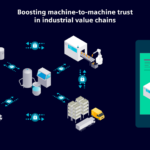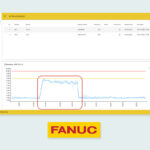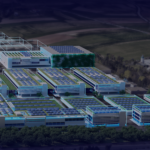ASIA ELECTRONICS INDUSTRYYOUR WINDOW TO SMART MANUFACTURING
Siemens Industrial Edge Reach New Heights
Industrial companies are increasingly relying on what’s known as edge computing in their production. Particularly, it allows them to capture and process data where it’s generated: at the field level in the plant.
For that reason, technology company Siemens is expanding its range of products and services for Industrial Edge at all levels. This will allow users to connect their information technology (IT) even better with the operational level (OT). Industrial Edge is also part of the portfolio of the Siemens Xcelerator open and flexible business platform.
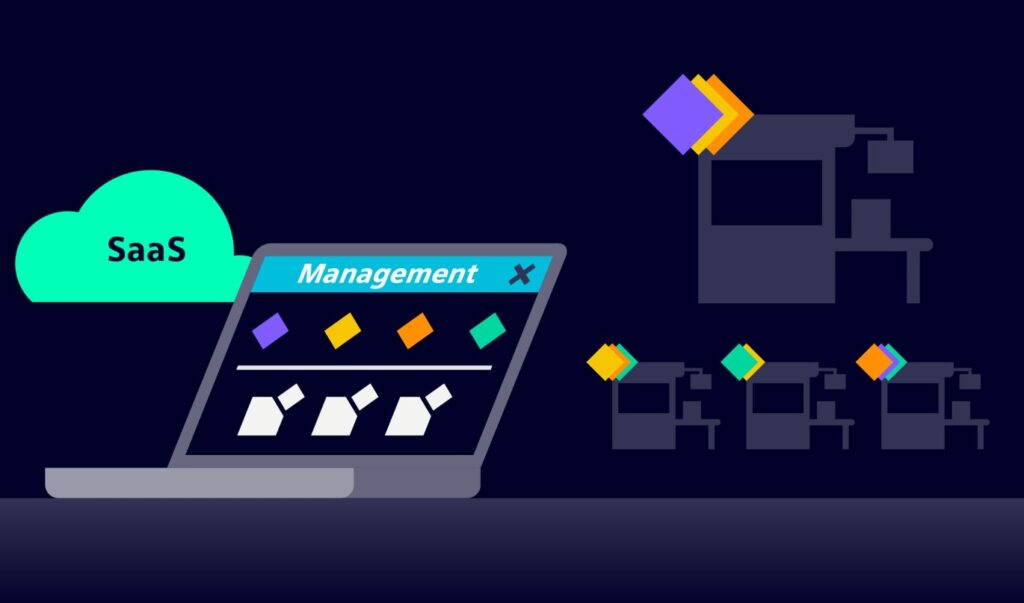
Industrial Edge Management available in the cloud
Industrial Edge Management (IEM) is a software portal for managing IoT solutions consisting of hardware and software in the factory. Particularly, it allows all devices, applications, and users integrated into Siemens Industrial Edge to be centrally managed.
Moreover, Siemens now also offers this system as a cloud-based Software-as-a-Service (SaaS): IEM Cloud is available as a fully managed service and includes both the infrastructure and the set-up of the system. The operational system requirements and configuration costs for users are kept to a minimum.
In addition, Industrial Edge devices can be integrated directly in the management system. IEM Cloud can be used to manage automation software as well as hardware from Siemens and third-party providers. “With IEM Cloud, we’re making Industrial Edge computing as easy as possible for our customers: They can use IEM Cloud without having to maintain the IT resources necessary for edge computing themselves,” says Rainer Brehm, CEO Factory Automation at Siemens.
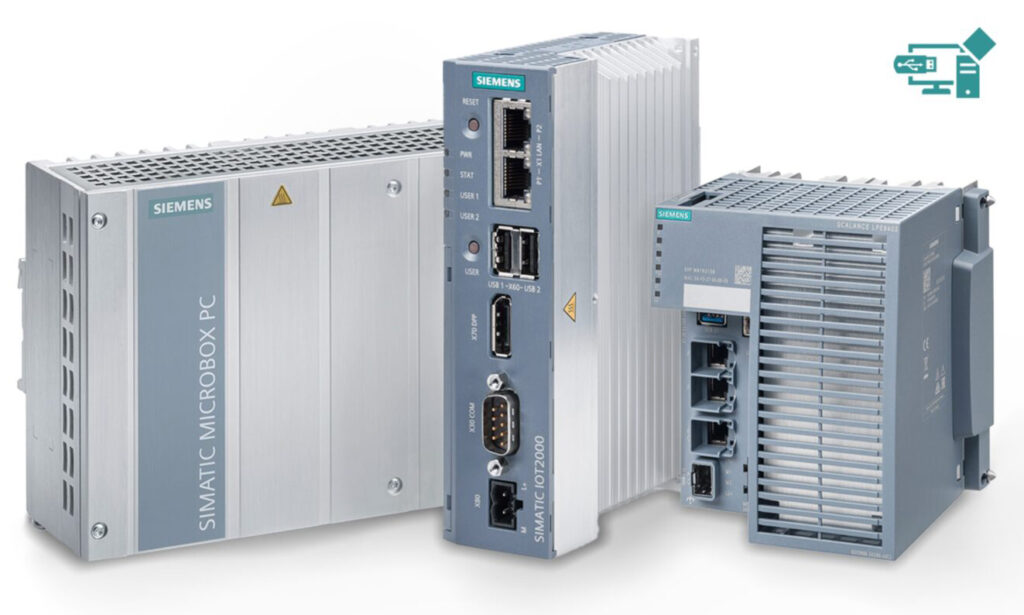
New devices for the Industrial Edge Ecosystem
In addition to the software, Siemens is also expanding its Industrial Edge ecosystem with more hardware. That is, more Simatic industrial PCs (x86 processor-based) and Industrial Edge devices from the Scalance and Simatic IoT device family. Weidmüller is also the first third-party manufacturer in the Siemens ecosystem to offer the u-control M4000, an edge device based on this processor architecture.
The design of the ARM processor-based devices suit less data-intensive use cases. For example, remote access and connectivity solutions like gateways. Moreover, users can now use Siemens’ new Industrial Edge Own Device software to convert their existing third-party x86 processor-based IPCs into fully functional Industrial Edge devices. At the same time, centrally manage them, and thereby integrate existing hardware into their IoT environment. “With our expanded range of devices, we’re making the Industrial Edge ecosystem even more open and user-friendly,” says Brehm.
New: Low-code programming for Industrial Edge
Mendix’s low-code development environment allows users to develop field-level apps in production with no coding knowledge. Thus, automation engineers can use the new Industrial Edge plugin to develop industry-specific apps in their Mendix Studio Pro development environment and seamlessly install them on appropriate devices at the field level.
Brehm said, “With Mendix on Edge, app development for edge computing in industry has never been easier. Prototyping is now up to ten times faster and consumes up to 70 percent fewer programming resources than with conventional methods. Mendix on Edge drives the integration of IT and OT in the industry even further.”

